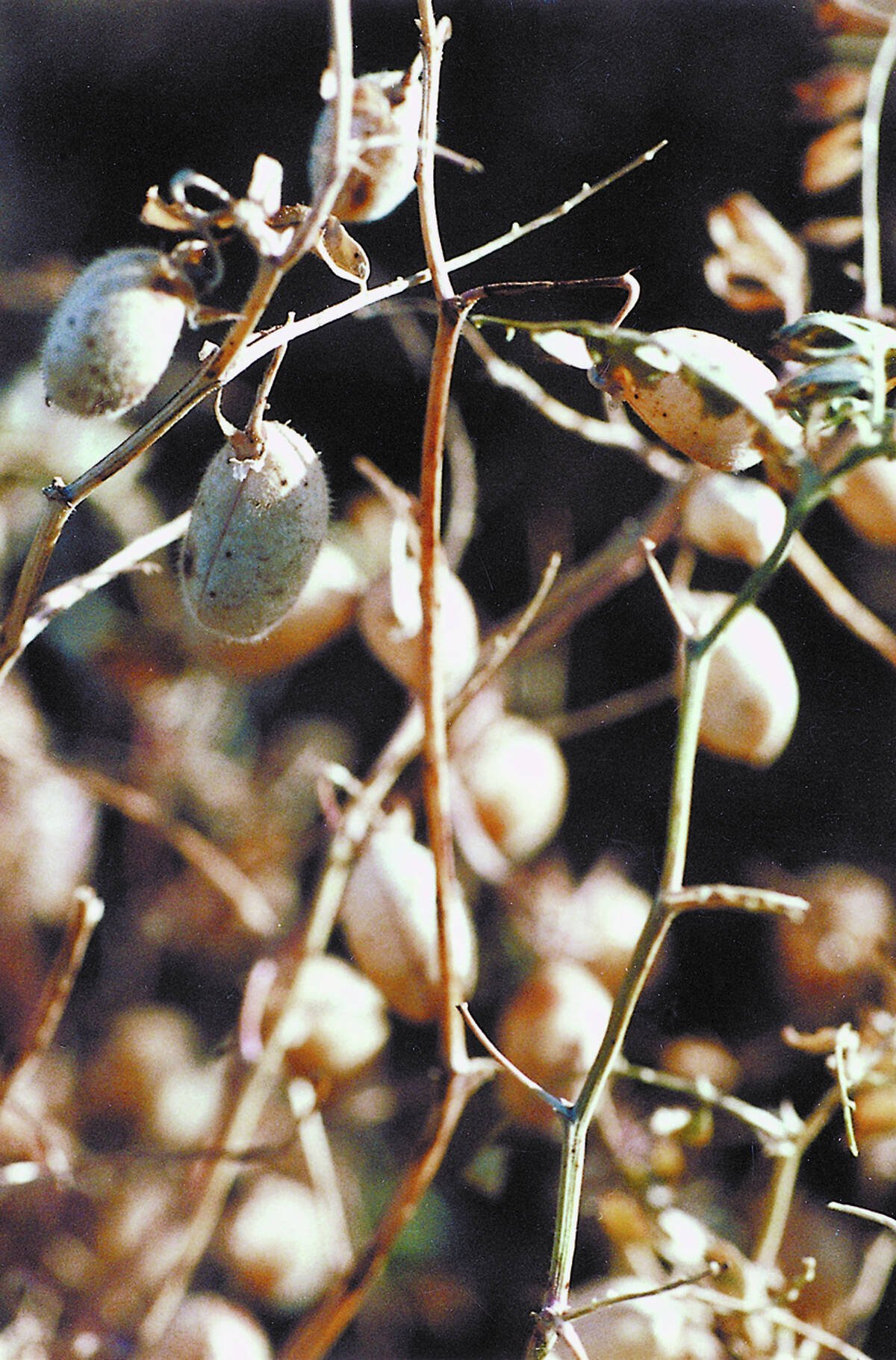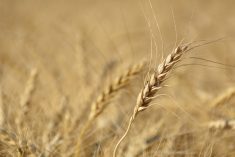BUENOS AIRES (Reuters) — The Buenos Aires grains exchange said recent rain in Argentina’s key agricultural farmland has improved expectations for the 2023-24 wheat crop after a historic drought badly crimped yields.
Rainfall is critical for Argentine farmers to start planting wheat, with sowing set to begin soon. The total crop is estimated at 18 million tonnes, up from the 12.4 million tonnes harvested in the previous season.
Argentina is the world’s leading exporter of processed soybeans as well as a major corn and wheat supplier, but its production has been hurt by drought and other severe weather, causing major losses for farmers and the cash-strapped government.
Read Also

Low-quality chickpeas in abundance this year
There are plenty of low quality chickpeas to move this year but the pet food market is already oversupplied with product.
“The arrival of rains improves the prospects for the wheat and barley crops,” the exchange said in its crop report May 24.
Argentina’s hard-hit agricultural core, including farmland in northern Buenos Aires province, southern Santa Fe and southeast Cordoba, received up to 75 millimetres of rain last week, according to national meteorological service SMN. Further rain of 10 to 25 mm was expected over the same region shortly afterward, the exchange said.
The recent rainfall caused delays in harvest of soybeans, estimated at just 21 million tonnes. Soybean farmers had reaped 78 percent of the planted area as of last week. In the previous 2021-22 season, the soybean harvest totaled 43.3 million tonnes.
Farmers have harvested nearly 27 percent of the 2022-23 corn, with production estimated at 36 million tonnes. The country’s corn crop reached 52 million tonnes in the previous season.















